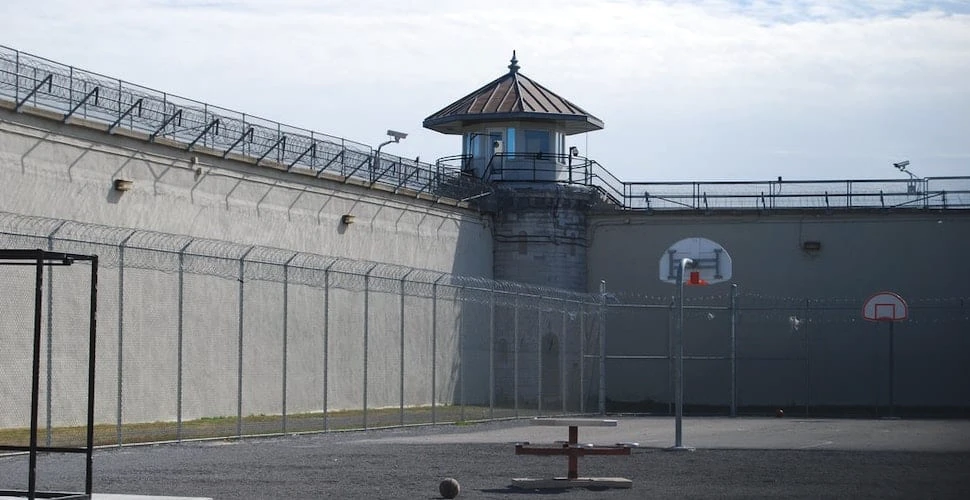The U.S. has one of the highest rates of incarceration in the world – housing over 20% of the world’s prison population while having less than 5% of the world’s total population. Within 3 years of their release, 2 out of 3 formerly incarcerated persons are rearrested and more than 50% are incarcerated again – a troubling cycle known as recidivism. The U.S. has one of the highest recidivism rates in the world.
It is no coincidence that the U.S. also permits the use of slavery as a punishment for a crime.
Dyjuan Tatro, who was formerly incarcerated and a senior government affairs officer at the Bard Prison Initiative, explains the link, writing from his experience in the Guardian. He says:
I had no choice in whether I went to work or not – and there were no sick days. If I didn’t go, I would be locked in my cell for 23 hours a day. And as little as it was, I needed the pay.
No matter how many hours I worked, I couldn’t afford toilet paper, soap or toothpaste. We had to pay for basic hygiene products at exploitative markups, way more than they cost in free society, and I was paid 10 cents an hour.
Built for failure
Almost immediately after Tatro was sent to prison, he, like many others, was assigned to what correctional facilities term “programs” – essentially, prison jobs.
Contrary to the popular belief that prison jobs aim to rehabilitate inmates, Dyjuan Tatro’s account paints a starkly different picture. He shares,
In prison, my work was meaningless and dehumanizing. It conveyed no new skills, taught me no life lessons and earned me next to nothing. It did not build my résumé, prepare me to navigate workplace relationships or teach me how to budget. It served only to devalue my labor and person. Prisons are about punishment, not rehabilitation.
Tatro believes if he wasn’t a beneficiary of a college-in-prison initiative, he may have ended up right back in prison after he got out. He quotes the statistics that back this up, explaining:
It costs New York around $70,000 a year in taxpayer money to imprison someone. It costs… about $10,000 a year to educate an incarcerated student. New York’s recidivism rate is 40%, while graduates… recidivate at only 4%, a tenfold decrease. Yet, despite its clear positive record, only 300 of New York’s 30,000 incarcerated people are enrolled… in any given semester. I was one of a lucky few.
Prison work – a self-perpetuating source of labor
Tatro says that “Prisons are a job program for officers that requires us to keep coming back.” He describes how the system is used as economic stimuli in rural districts and failing farm communities, not for places of rehabilitation. His account echoes the sentiments expressed by other incarcerated persons. Aaron Kinzer compares the U.S. prison work programs to sweatshops.
Join the movement
Tatro, like the Freedom United community, is encouraged by the federal bill to outlaw slavery permitted by the 13th Amendment and the new abolition movement. All U.S. states and the federal government must explicitly outlaw slavery and involuntary servitude as punishment for a crime in the U.S. and state constitutions.
Join the movement calling for an end to the Punishment Clause in the United States!







Freedom United is interested in hearing from our community and welcomes relevant, informed comments, advice, and insights that advance the conversation around our campaigns and advocacy. We value inclusivity and respect within our community. To be approved, your comments should be civil.
As one of the prisoners wrote,”I need the money”.
Some of them have never worked for a living and are
getting to learn the value of doing it.Maybe the
most important thing they could learn
in a “Correctional Institute”.